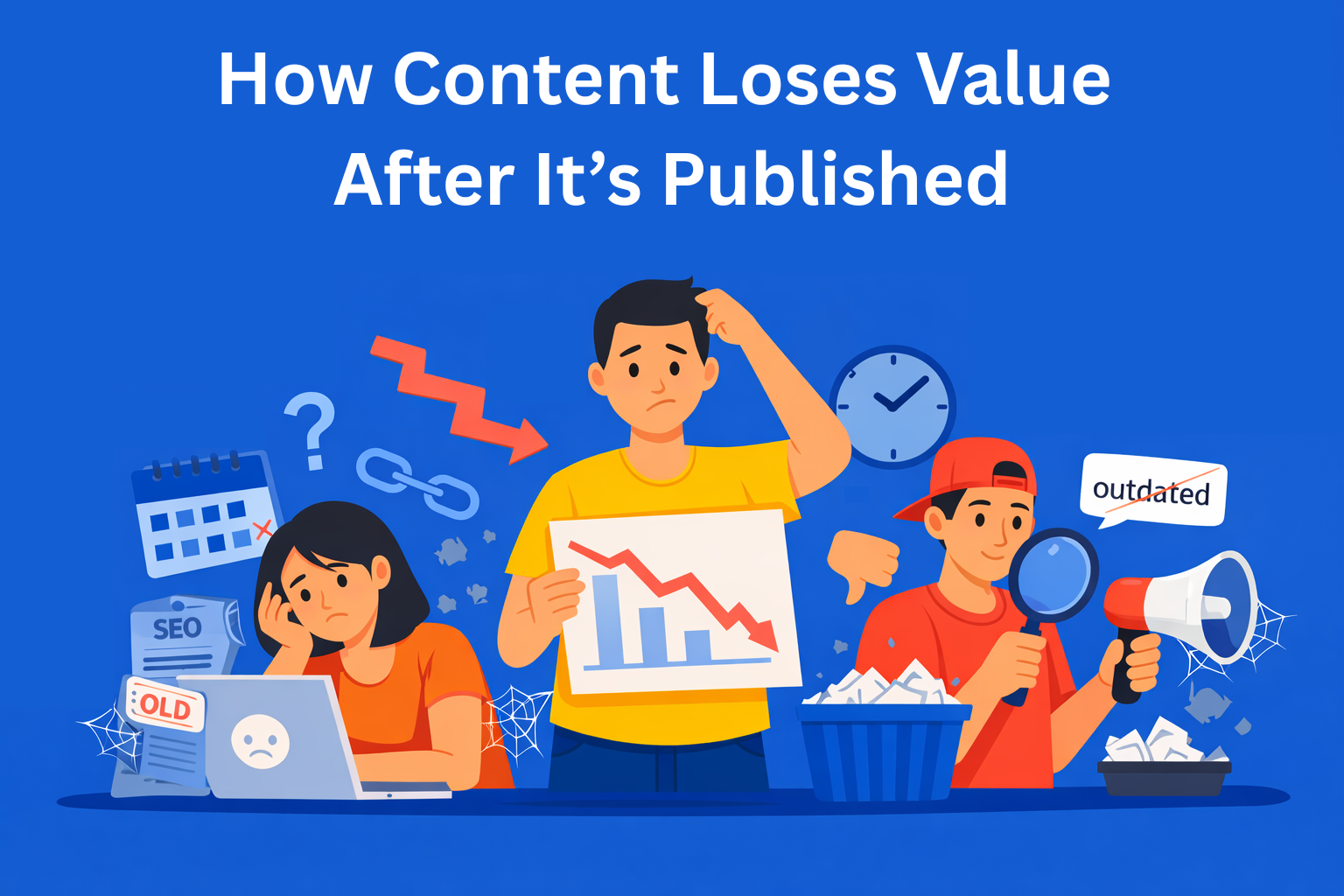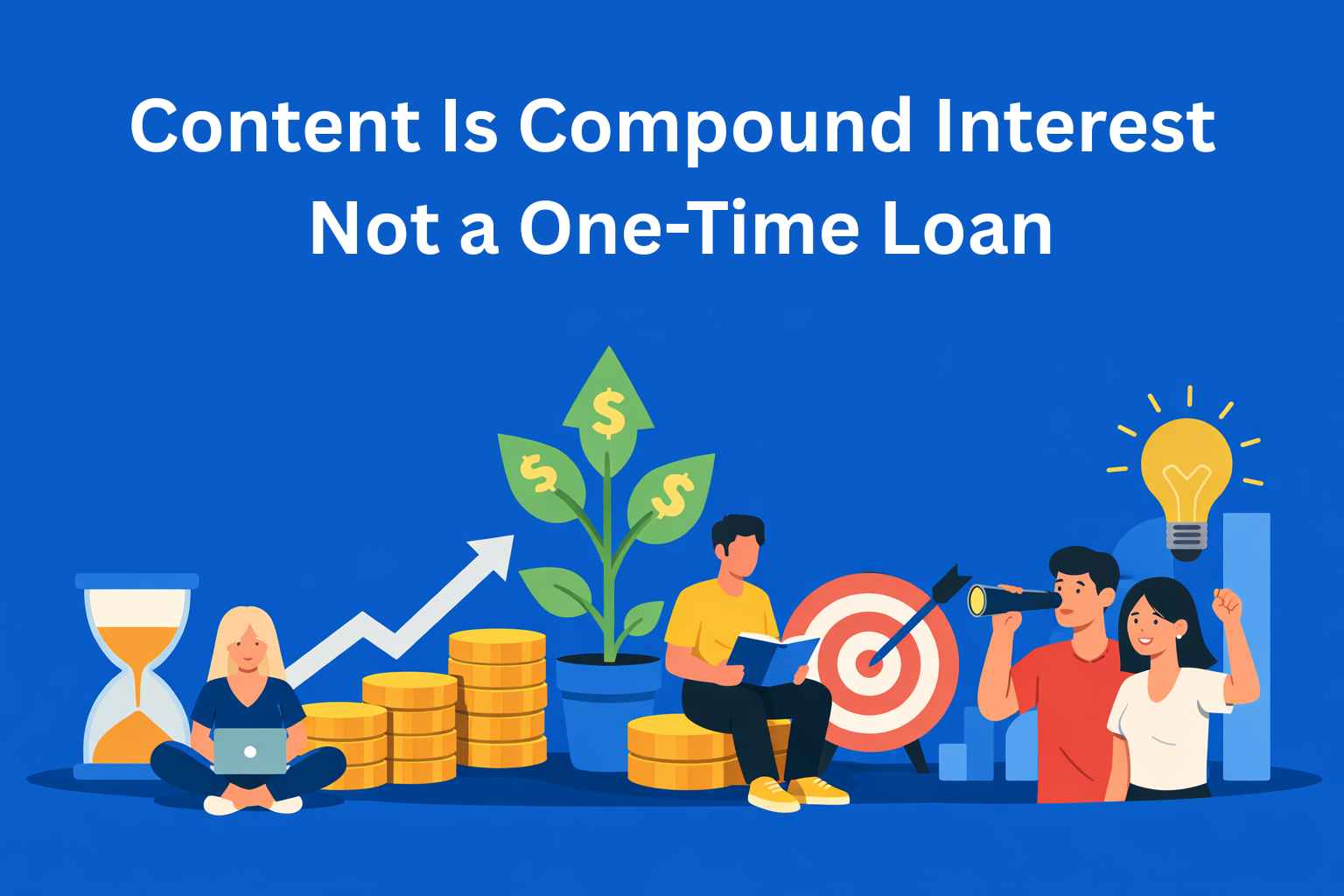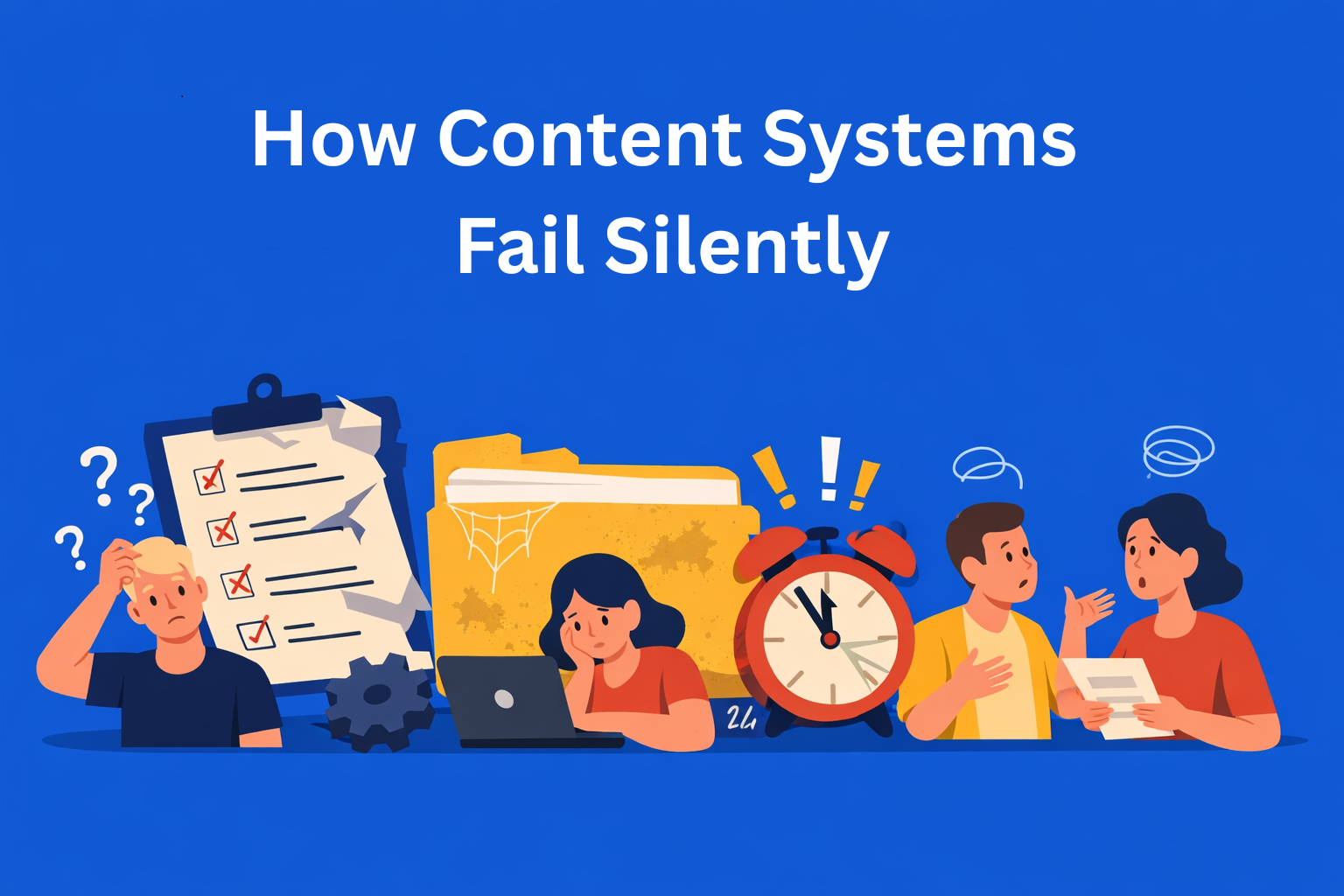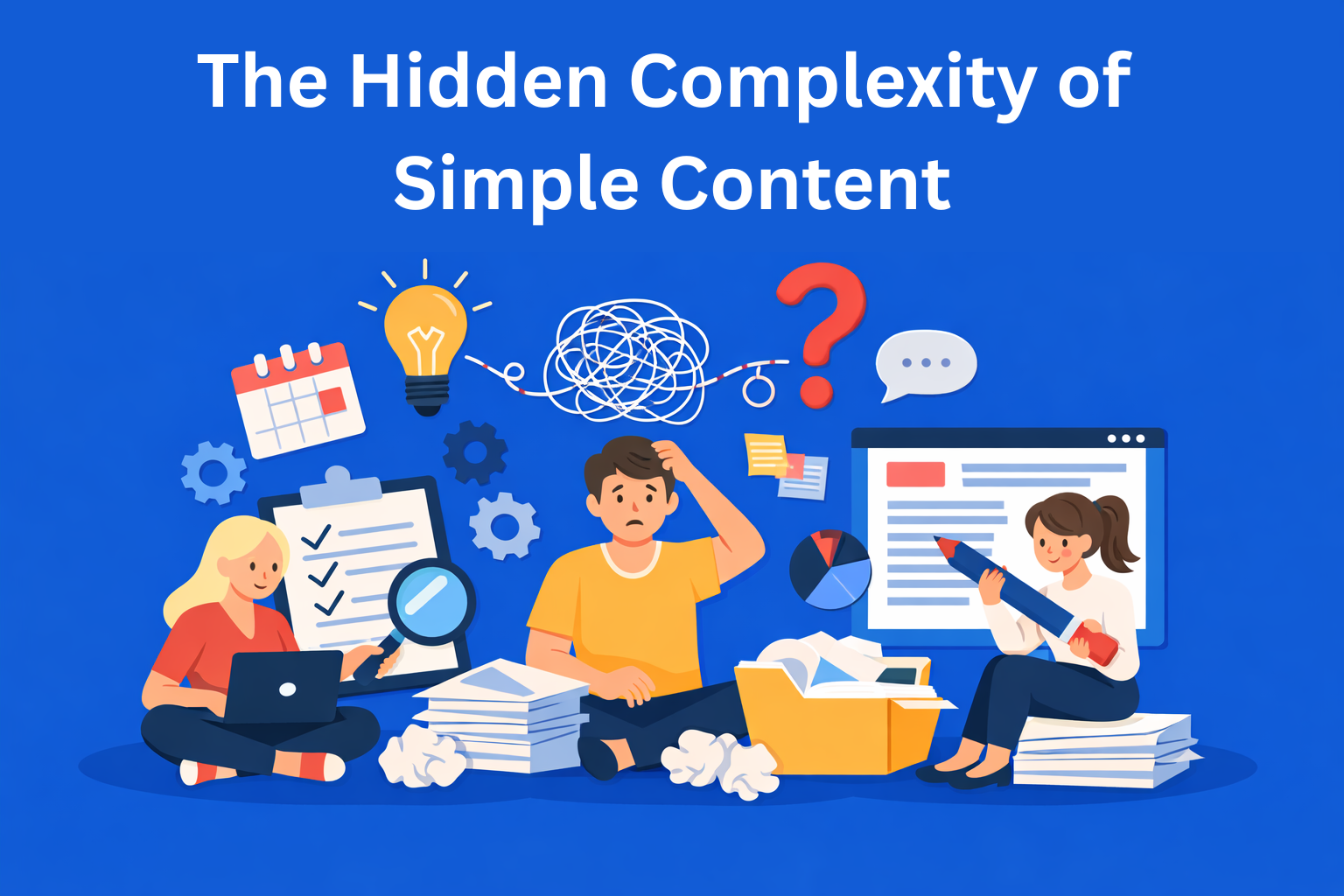Personalization in Healthcare Content: Using Data to Connect with Patients
Patients expect content that's relevant and personal. Discover how healthcare providers can use data to build trust, improve communication, and deliver tailored health content through smart, ethical personalization.
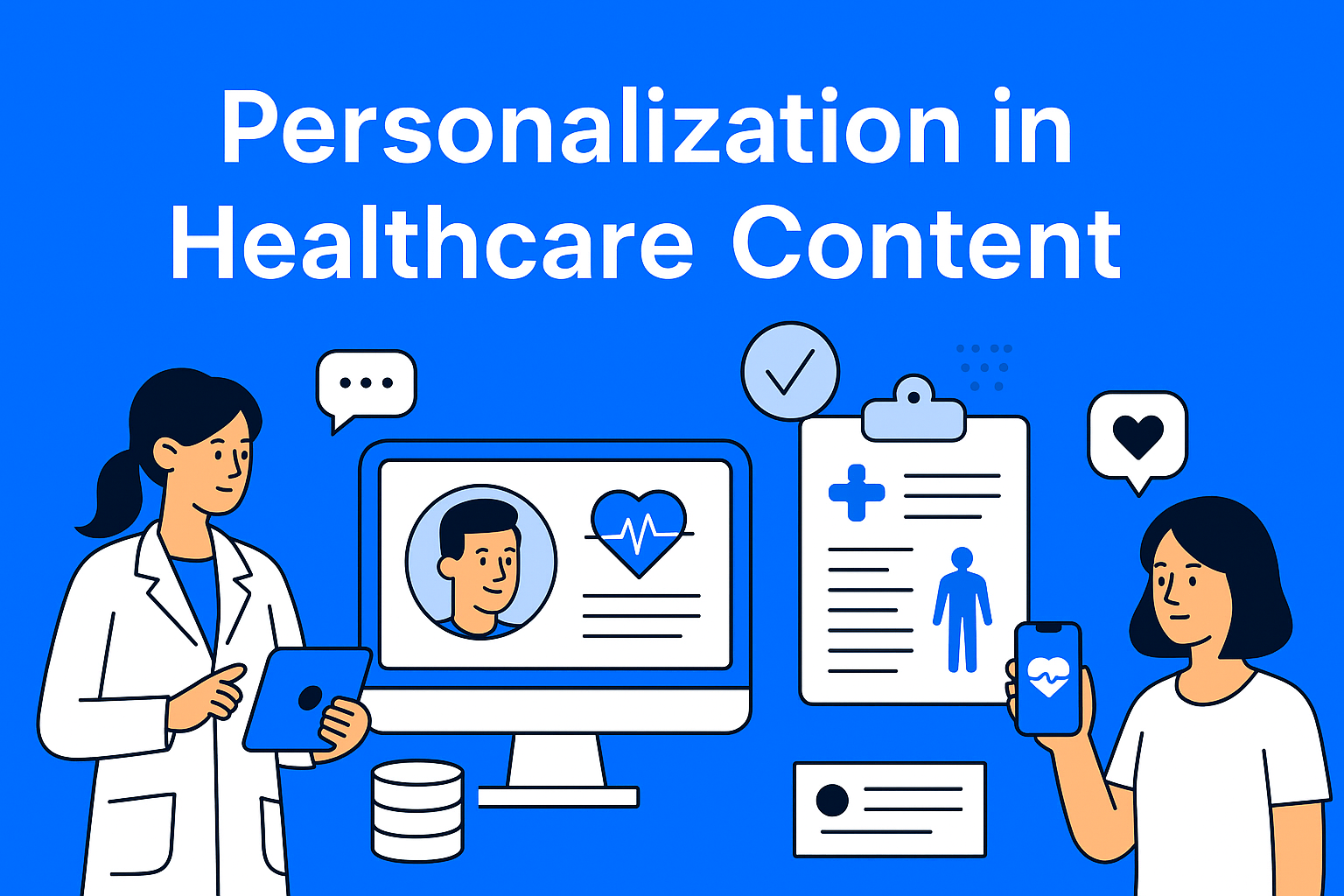
Today, patients don't just want general health information, they want content that is useful, personalized, and tailored to them. In the digital age, this approach is no longer a trend but a fundamental way to build trust and improve the relationship between healthcare institutions and patients. The best way to achieve this is through smart use of data.
Key Takeaways
- Personalized content increases engagement - patients respond better when information is directly relevant to their needs and conditions.
- Data is the foundation of personalization - demographic, clinical, and behavioral data help tailor healthcare communication effectively.
- Ethical use of data builds trust - transparency and security in data handling are essential to maintain patient confidence.
- Smart tools enable automation - AI and CRM systems make it easier to segment audiences and deliver the right content at the right time.
- Personalization improves health outcomes - targeted messaging leads to better understanding, adherence, and overall patient satisfaction.
Why Personalization Is Key in Healthcare Communication
When patients receive generic information, they often feel unmotivated or disconnected. But when the content directly addresses their questions and concerns, the effect is entirely different. Personalization in healthcare helps patients better understand their condition and encourages them to take a more active role in their own treatment. For example, a diabetic patient will be much more engaged if they receive tips and articles about diabetes-specific diet and therapy rather than general healthy living advice.
The Role of Data in Personalization
Data is the heart of personalization. It enables the right content to reach the right person at the right time. Healthcare organizations use various types of data:
- Demographic data like age, gender, or place of residence.
- Clinical data such as diagnoses and medical history.
- Digital behavior, what patients read, which links they click, how much time they spend on specific pages.
Of course, all of this must comply with regulations like GDPR or HIPAA, as patient trust also depends on the security of their personal information.
How to Use Data to Create Personalized Content
Once the data is collected and analyzed, the next step is to segment patients and create content tailored to their needs. For example:
- A newsletter for parents might offer tips about child vaccinations.
- A mobile app could send personalized reminders for taking medication.
- Educational articles can be customized based on a patient’s diagnosis.
AI tools and CRM systems today make this automation even easier, so personalization is no longer reserved just for large hospitals or clinics. Even smaller healthcare centers can use data for personalized communication with patients.
Ethics and Trust in Data Usage
Personalization is powerful, but it must be used responsibly. Patients want to know how their data is used and to feel confident that it’s secure. That's why it's important to clearly communicate transparency: explain why data is collected, how it is used, and what benefits patients receive from it. If a patient feels the content is too invasive, trust can be lost.
Case Studies and Real-World Examples
In practice, we can already see how beneficial personalization can be. For instance, hospitals that send personalized newsletters report higher open rates and engagement. Clinics that use apps to remind patients about their therapy report more regular medication use. All of this leads to better health outcomes and stronger relationships between patients and healthcare institutions.
The Future of Personalization in Healthcare Content
We’re just getting started. With the advancement of AI and predictive analytics, personalization will become even more sophisticated. In the future, we can expect real-time content, for example, a patient might receive tailored advice right after entering their symptoms into an app. Another promising development is the concept of “digital twins” of patients, virtual models based on data that can help create ultra-personalized healthcare plans.
Conclusion
Personalization in healthcare content is not just a "nice-to-have," but a strategic advantage. It enables stronger connections with patients, greater trust, and long-term better health outcomes. Healthcare institutions that begin using data in a smart and ethical way will have the greatest advantage going forward. If you're looking to improve communication and relationships with patients, personalization is the way to go.



